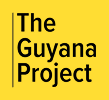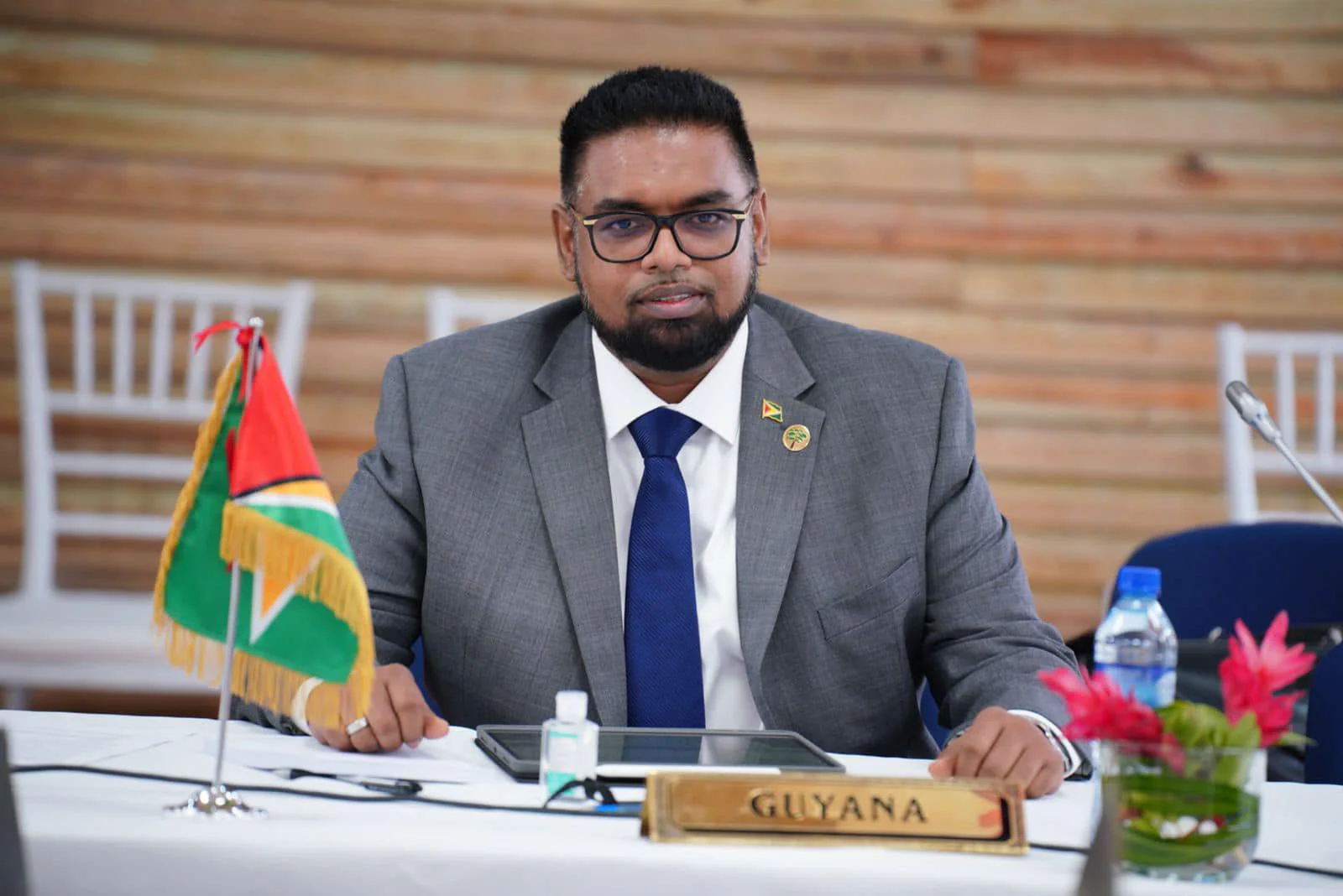Enhanced River Transport Boosts Education Access in Region 2
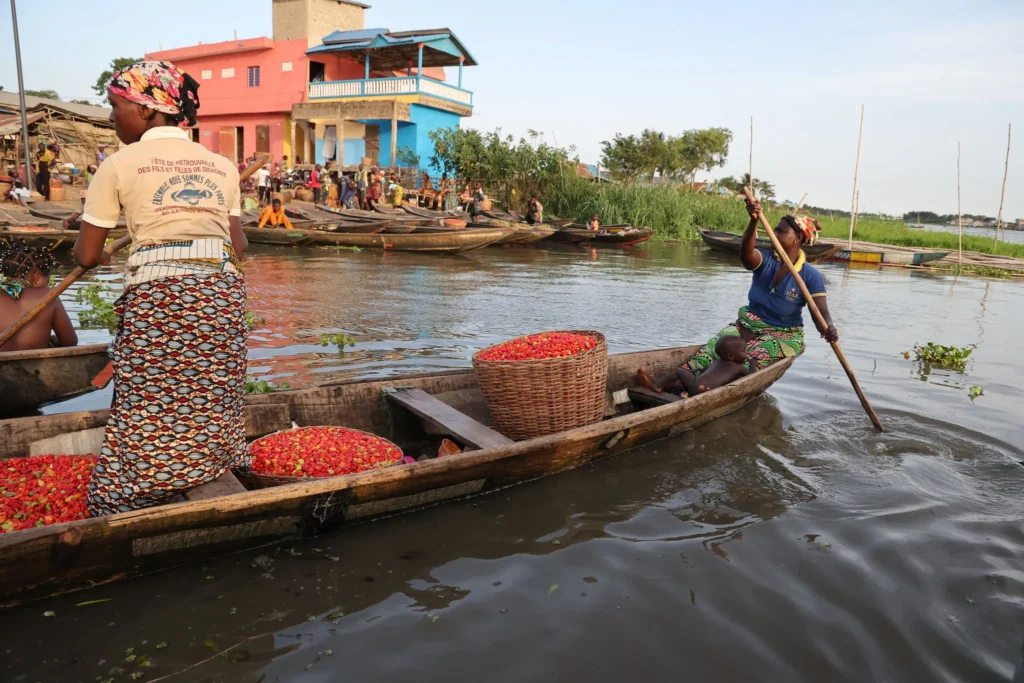
In Region 2 (Pomeroon–Supenaam), the introduction of government-provided school boats is transforming education access for riverine communities. Students who once relied on unsafe canoes or lengthy commutes now travel safely and consistently to school. Equipped with safety gear and operated by trained personnel, these boats have boosted attendance, reduced dropouts, and improved punctuality. Beyond transportation, the initiative represents an investment in equity, ensuring remote children receive the same educational opportunities as their urban peers—one river journey at a time.
Revitalising Local Leadership in Region One Through Community Support Officer Programme
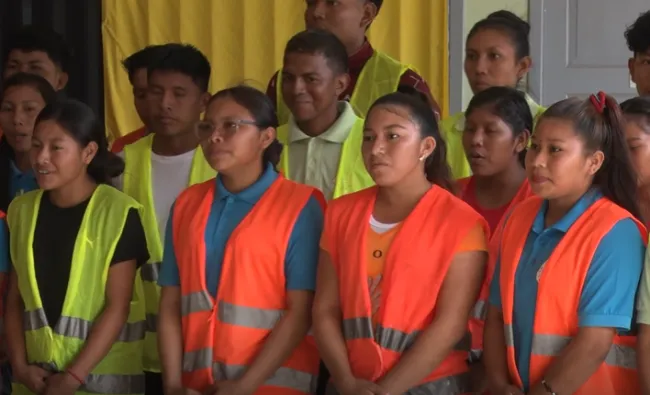
The reinstatement of over 150 Community Support Officers (CSOs) in Region One is strengthening grassroots development in Amerindian communities. Drawn from within their villages, CSOs bridge government initiatives with local realities, supporting projects, youth programmes, agriculture, and essential services. Beyond creating jobs, the initiative restores local leadership rooted in cultural trust, ensuring indigenous voices in decision-making. By fostering autonomy, continuity, and inclusivity, the CSO programme empowers Amerindian peoples while reinforcing national goals of equity and community-centred development.
GPF Ranks Gain Industry-Standard Skills in Machinery and Fibre Optics

A total of 141 individuals, including members of the Guyana Police Force (GPF), have graduated with industry-recognised certifications through training programmes led by the Board of Industrial Training. Participants specialised in areas such as heavy-duty equipment operations and fibre optics installation, enhancing both technical and security capabilities. With additional internal training, the graduates are now better equipped to serve national priorities. This initiative strengthens workforce development, supports infrastructure growth, and positions the GPF as a more versatile, skilled, and modernised force.
Higher Standards and Accountability Drive Nursery Education Reform
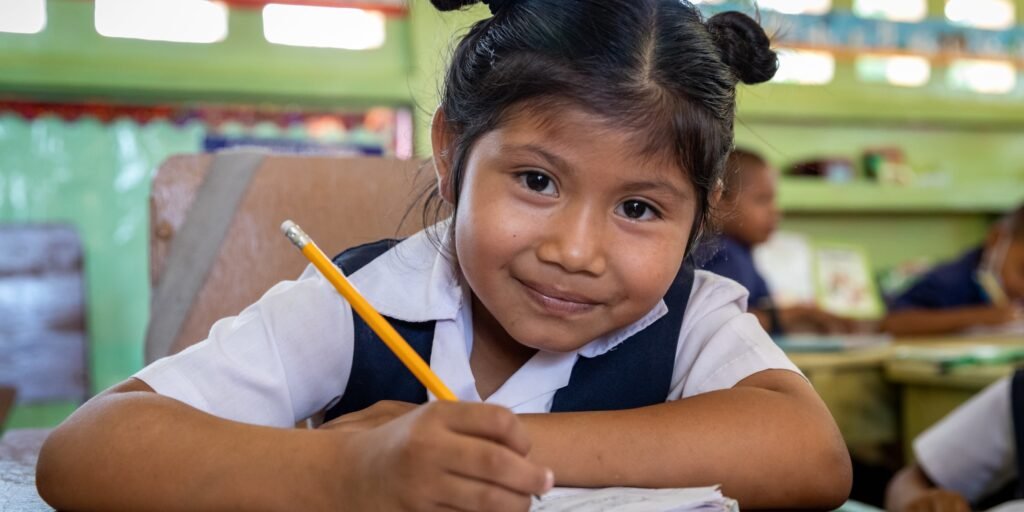
Guyana is reforming its nursery education system by raising standards for teachers, strengthening accountability, and ensuring every child gains core skills in literacy, numeracy, and writing by year two. Parents are encouraged to play an active role, while headteachers closely monitor classroom performance. Since 2020, 54 new nursery schools have been built, improving access nationwide. This focus on quality, collaboration, and infrastructure ensures children receive a strong educational foundation, fostering equal opportunities for lifelong learning and national progress.
Empowering a Generation: Region 10 Youths Advance Through Skills Training
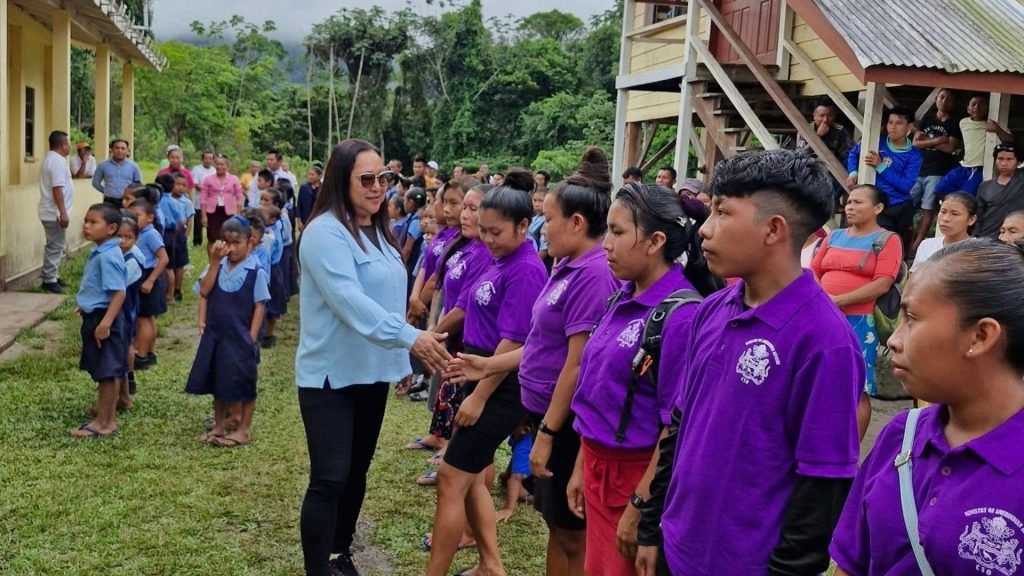
In Region 10, technical and vocational training (TVET) is empowering over 6,000 youths with skills in construction, ICT, health, hospitality, and entrepreneurship. These programmes provide both theory and hands-on experience, preparing graduates for jobs, business ventures, or further education. By diversifying beyond mining, Linden is fostering a modern, skilled workforce aligned with Guyana’s growing economy. With inclusive access and entrepreneurship support, TVET is reducing unemployment, promoting self-reliance, and enabling young people to build stronger, more resilient communities.
Bringing Light and Care: Solar Power Uplifts Essential Services in Region 9

In Region 9, solar-powered systems at clinics and community centers are transforming lives by providing reliable, sustainable energy. Since 2020, these installations have enabled uninterrupted healthcare, safe childbirth, vaccine storage, and improved learning environments. Beyond health and education, the centers serve as emergency hubs, supporting disaster response and resilience. Aligned with Guyana’s national clean energy strategy, the initiative reduces diesel dependence, promotes equity, and fosters local empowerment—making energy a bridge to opportunity, dignity, and stronger communities in the hinterland.
Transforming Connectivity: Road Upgrades Link Region 8 to New Opportunities
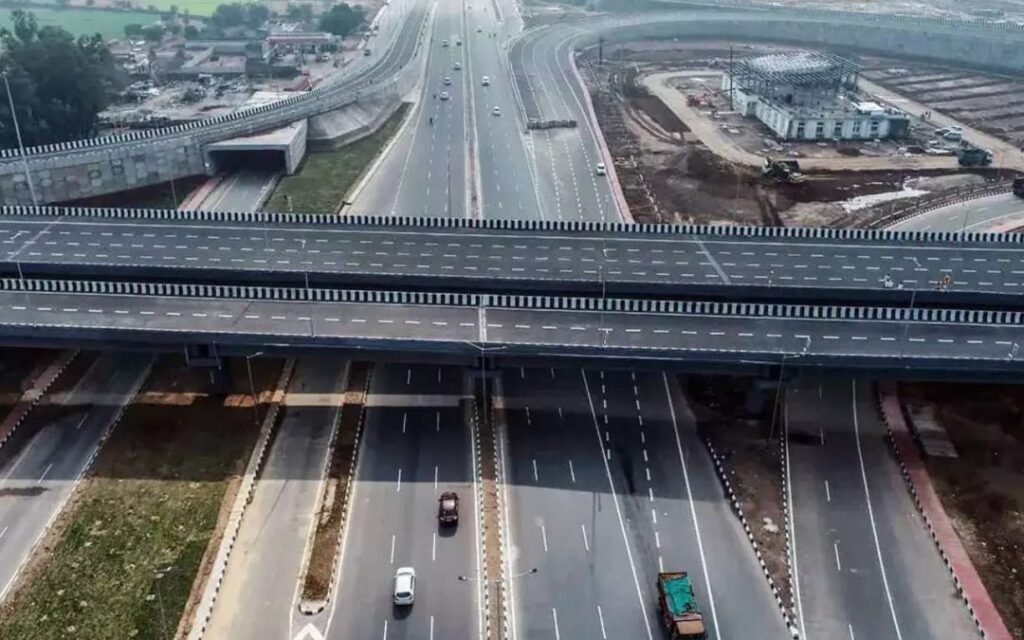
In Region 8, upgrades to the Lethem-to-Georgetown road have cut travel time by half, boosting connectivity and access to essential services. Farmers now reach markets faster, residents enjoy better access to healthcare and education, and tourism is benefiting from easier access to natural and cultural attractions. These developments reduce isolation, stimulate economic growth, and create opportunities for inclusive progress. By integrating hinterland communities into the national economy, Region 8’s transformation highlights infrastructure as a driver of equity and empowerment.
Guyana to Host Secretariat of Global Biodiversity Alliance as Summit Launches in Georgetown
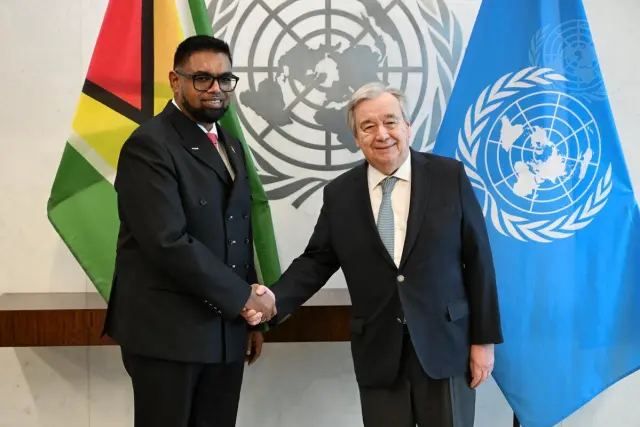
Georgetown has become the headquarters of the Global Biodiversity Alliance (GBA) following its inaugural summit at the Arthur Chung Conference Centre. Fifteen signatories endorsed the Georgetown Declaration, aligning with the Montreal Global Biodiversity Framework to strengthen global cooperation on biodiversity protection. The Alliance prioritizes inclusivity, with Indigenous Peoples and Local Communities central to its governance. By hosting the GBA Secretariat, Guyana enhances its leadership in conservation, promoting science-based solutions, equity, and innovation for a sustainable, biodiverse future.
Region 7 Schools Connected: Digital Access Unlocks New Educational Opportunities
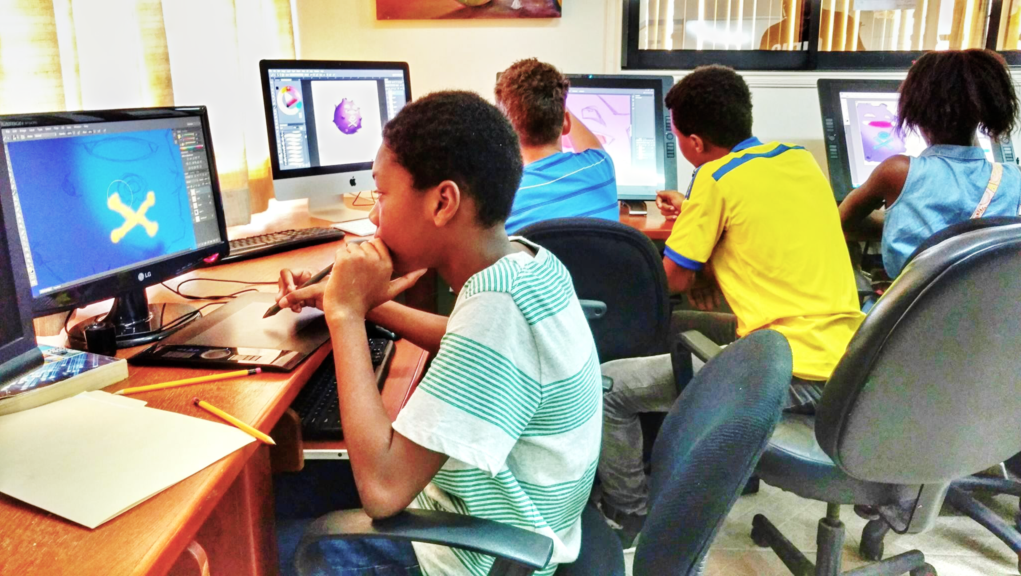
In Region 7 (Cuyuni–Mazaruni), ten hinterland schools have been equipped with satellite internet, bridging the digital divide and transforming education in remote communities. This initiative enables e-learning, virtual classrooms, and access to global resources, benefiting both students and teachers. It reduces disparities between coastal and hinterland education, fosters digital literacy, and enhances community engagement. Beyond classrooms, these hubs also support adult learning and rural development, making the programme a vital step toward equity, inclusion, and long-term opportunity.
Region 6 Roads Rehabilitation: Building Infrastructure and Creating Jobs
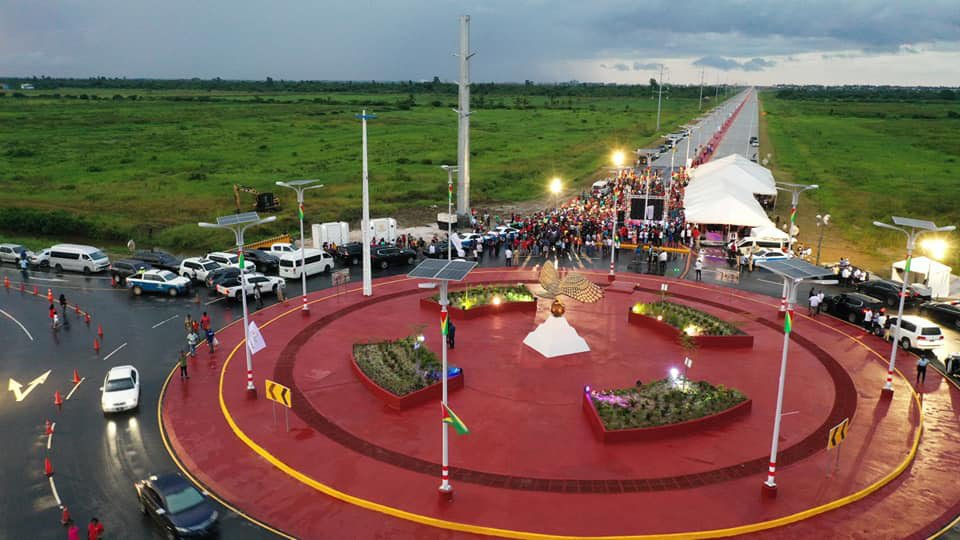
In Region 6 (East Berbice–Corentyne), over 150 roads have been rehabilitated since 2020, creating jobs for more than 5,000 residents. These projects enhance access to schools, markets, and health centres, while improving trade and daily commutes. By prioritizing local labour and contractors, the initiative strengthens community ownership and boosts household incomes. Durable road designs with upgraded drainage ensure resilience against flooding. Overall, the programme reflects Guyana’s wider goals of regional development, economic inclusivity, and sustainable growth.
